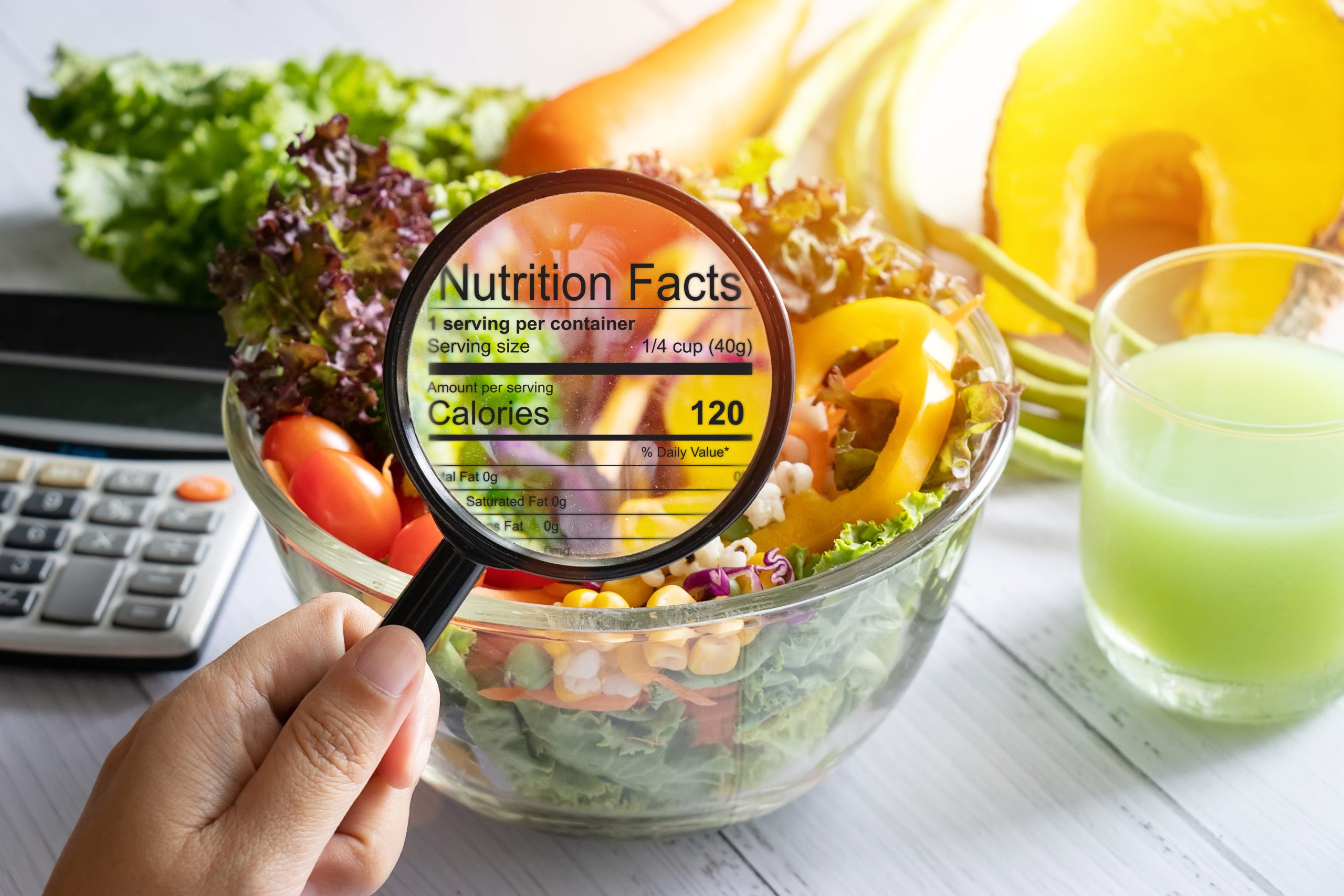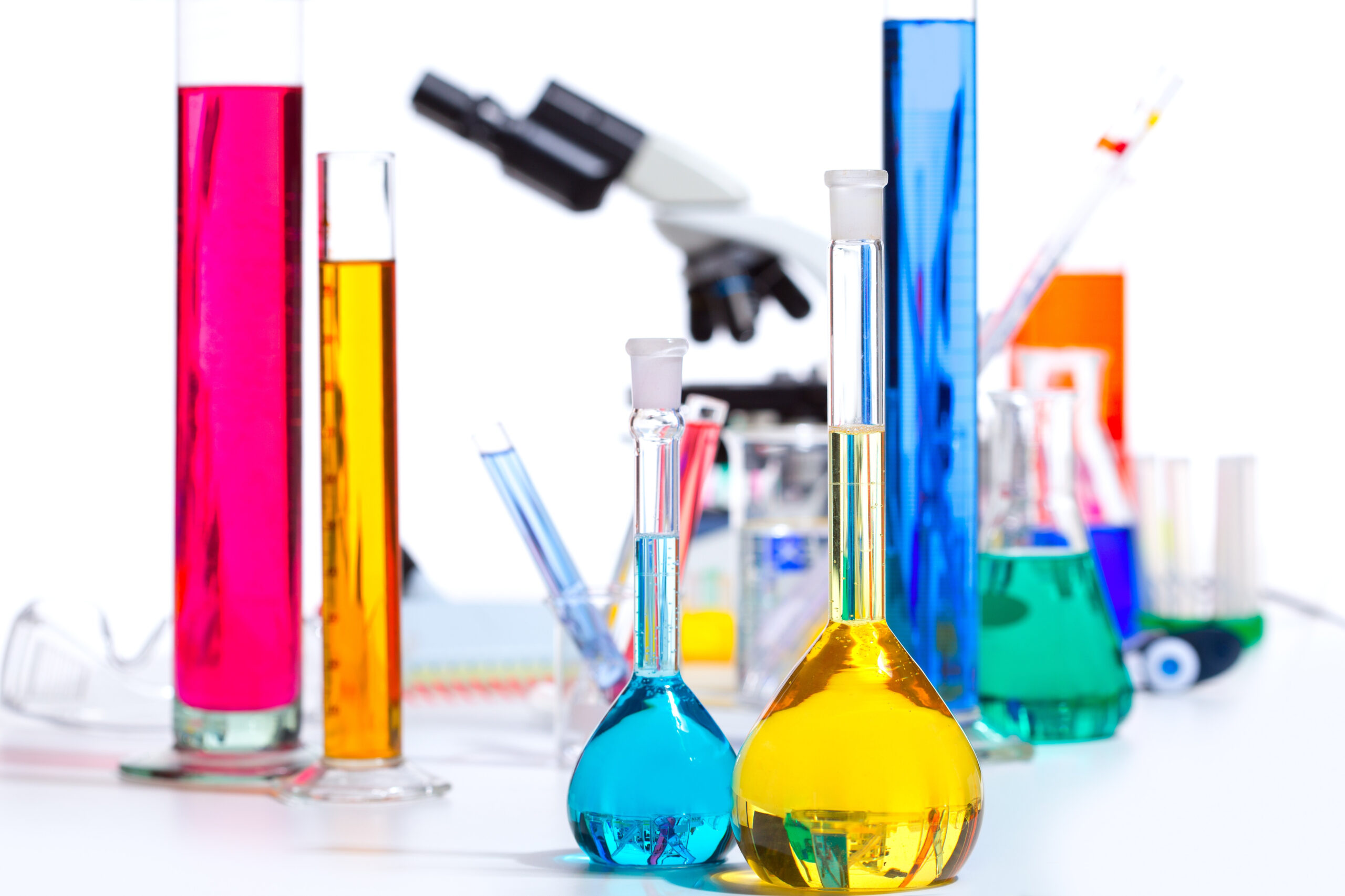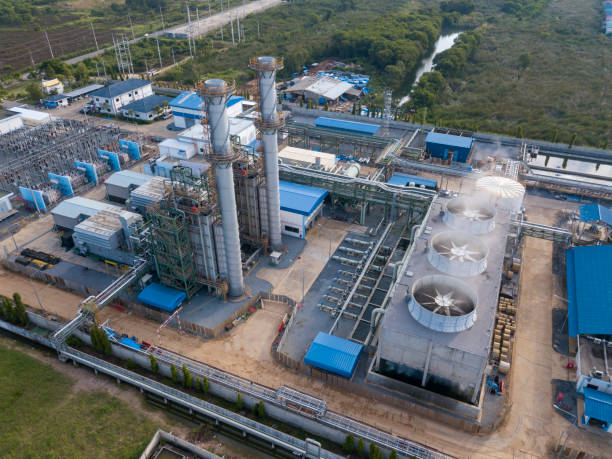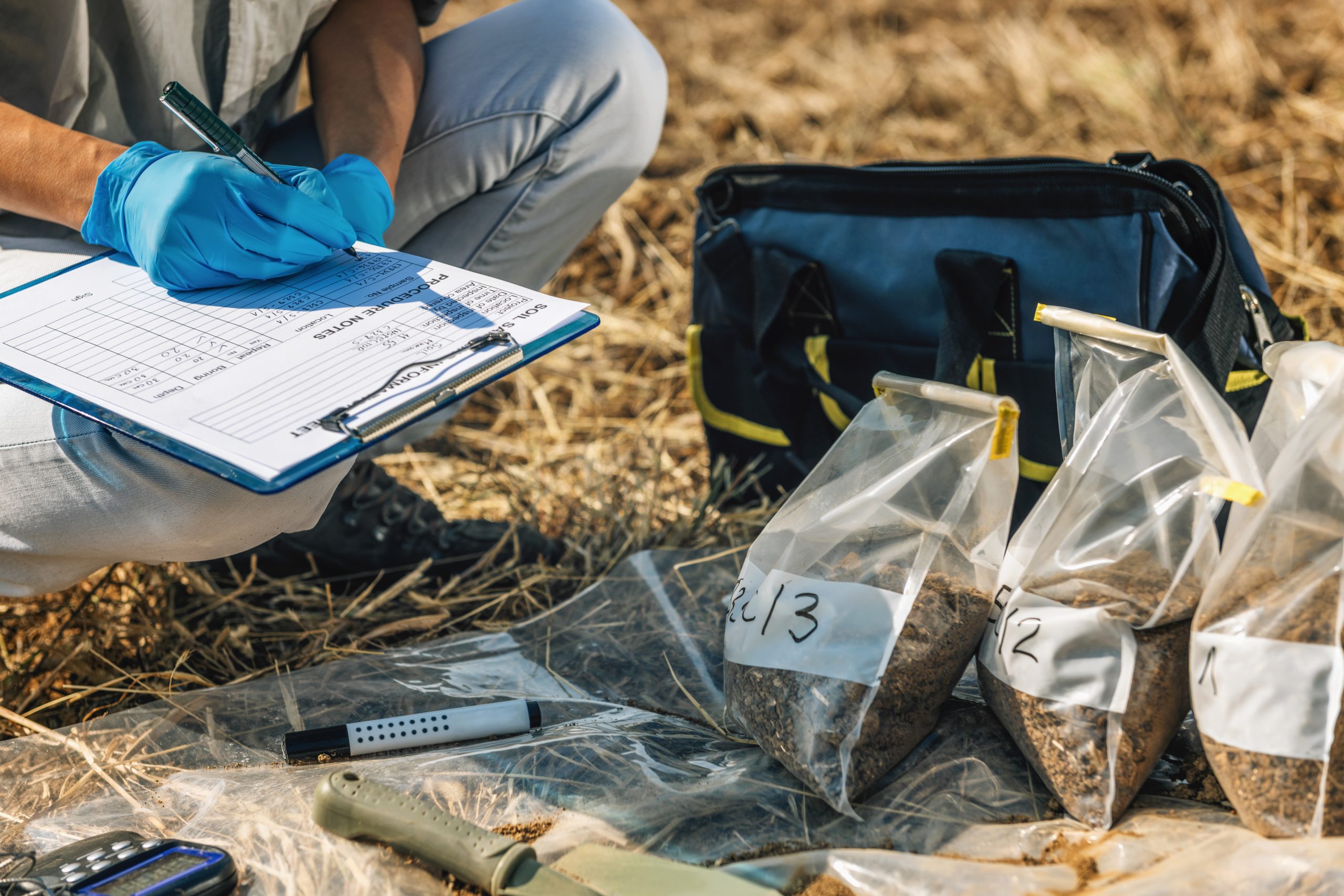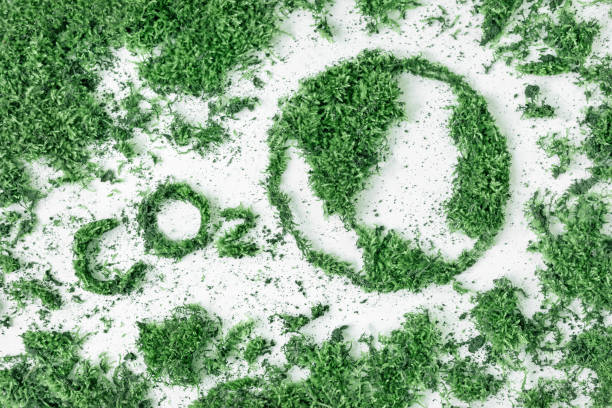Food testing services assists manufacturers, importers, exporters, wholesalers, retailers and caterers to ensure that food products are safe and comply with regulatory requirements.
Our Services
CMA Testing conducts a range of tests on food products, including:
- Microbiological: Determining of the presence of bacteria, viruses, and other microorganisms in food products and production lines that can cause foodborne illnesses.
- Chemical: Testing for the presence of chemical contaminants, such as pesticides and heavy metals, preservatives, harmful substance – melamine, plasticizers (Phthalates), bisphenol A (BPA), etc., in food products.
- Nutritional analysis: Analyzing the presence of essential vitamins and minerals in food products, as well as testing for the calorie and nutrient content of food products.
- Food allergens and genetic modified organism (GMO): Screening for the presence of genetic modified organism and allergens, such as gluten, soy, peanuts, sulfites, etc., in food products.
- Authenticity testing: This involves testing to ensure that food products are authentic and not mislabeled or adulterated.
Furthermore, CMA Testing can provide tailor made service to meet the specific needs of clients in the food industry, from small start-ups to large multinational corporations. Individuals and businesses can improve the safety, quality, and profitability of their products, and gain a competitive edge in the marketplace. Our advisory and training services include:
- Quality management: This involves helping clients establish and maintain a robust quality management system to ensure that their products meet the required safety and quality standards. Our experts can help clients with quality control testing, process validation, and certification.
- Food safety management: This involves helping clients establish and maintain a food safety management system to prevent foodborne illnesses and comply with regulatory requirements. Food product consultants can help clients with hazard analysis, risk assessment, and implementation of good manufacturing practices (GMP, ISO 22000) and Hazard Analysis and Critical Control Points (HACCP) systems.
- Regulatory compliance: This involves helping clients comply with local and international food regulations, including food labeling requirements, food safety standards, and import/export regulations.
- Training and education: This involves providing training and education to clients and their staff on food safety, quality, and regulatory compliance.

